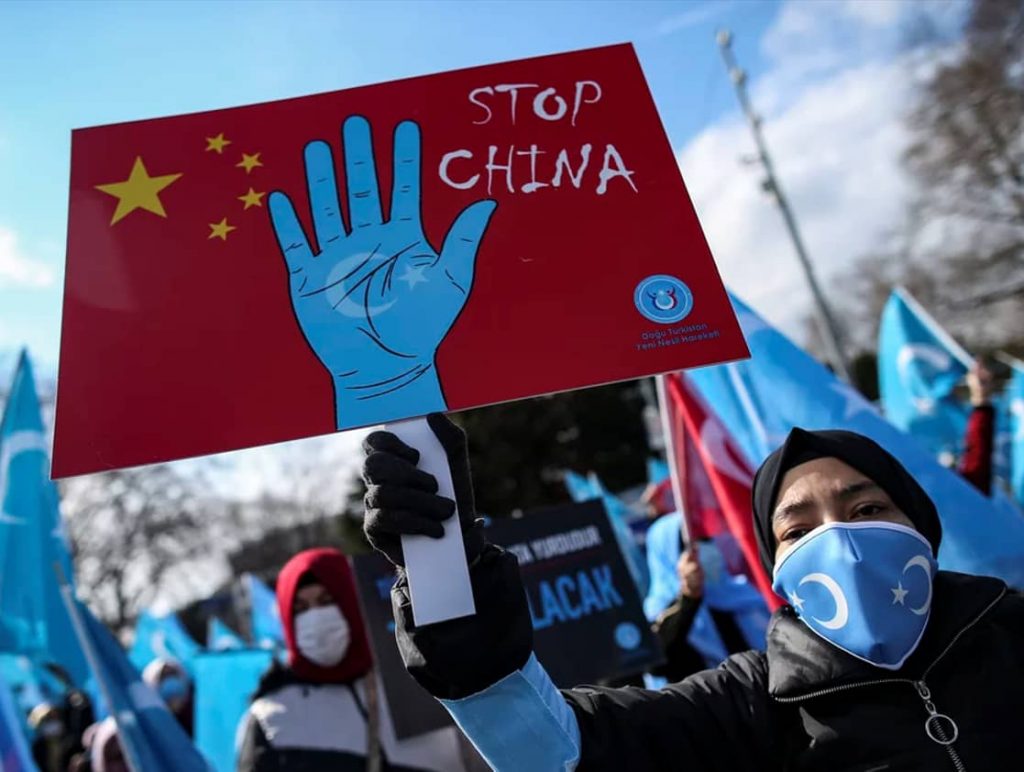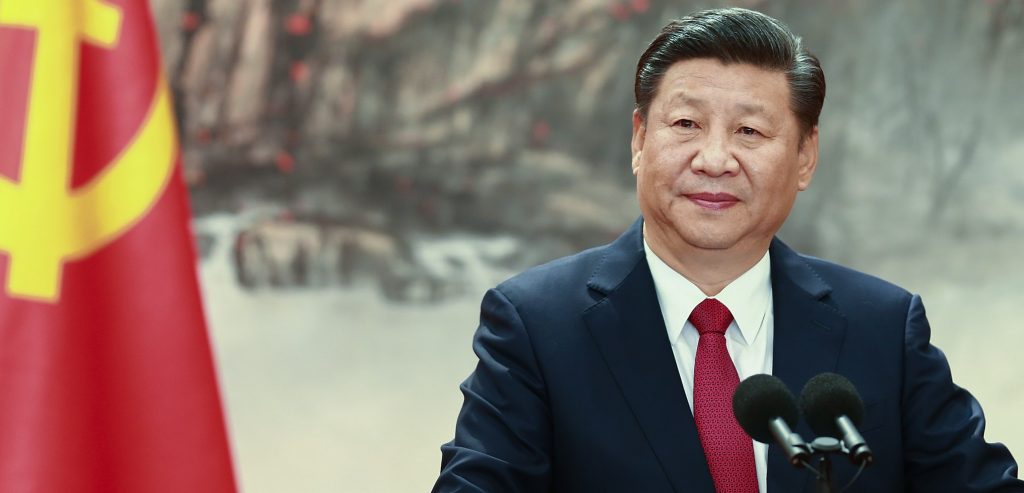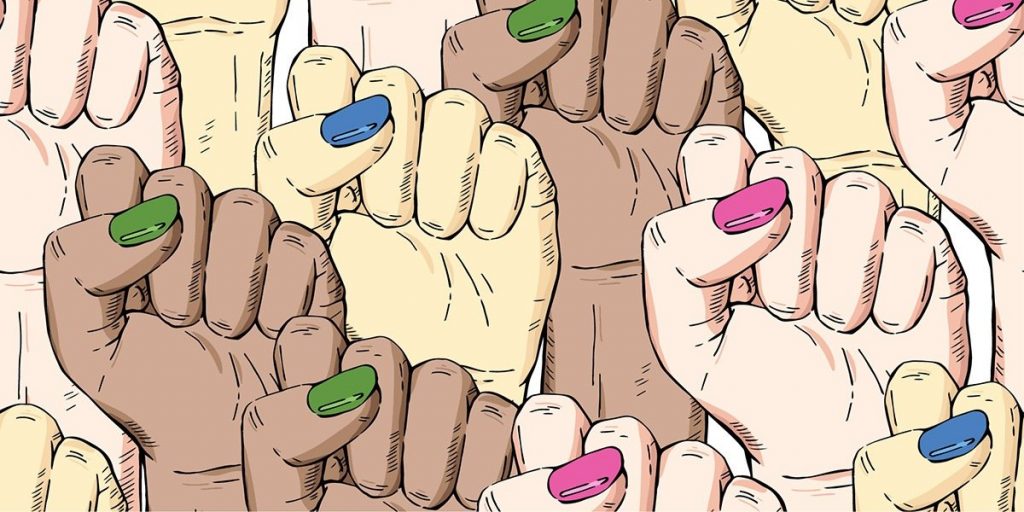
Uyghur – A Turkic ethnic group predominantly residing in the Xinjiang region of Northwest China which is one of the largest provinces of China, with an inhabitant count of about 25 million and is bordered by countries like Mongolia, Russia, Kazakhstan, Kyrgyzstan, Tajikistan, Afghanistan, Pakistan, and India. Interestingly, Xinjiang once was on the famous Silk Route for it being so rich in its Natural Resources and Agriculture. The Uyghurs are known to originate from the regions of Central and East Asia. They speak a language similar to Uzbek or Turkic while following Islam as religion and most of them are Sunni Muslims. At present, the Uyghurs fall on the list of 55 officially recognized ethnic minorities of China.
The Uyghurs have recently come into the news due to the persecution faced by them at the hands of the Chinese Communist Government basis their ethnicity and religion and also due to the recent sanctions imposed on China for the same by the US.
Uyghur Persecution – The Infamous ‘Strike Hard Campaign’ of China

China’s campaign known as ‘Strike Hard Campaign against Violent Terrorism’ began in May 2014 against the Uyghurs as well as other Turkic Muslims. The Campaign involved the radicalization of the Uyghurs in Xinjiang by restricting them from practicing their religion and adopting various measures to impose the majority Han Culture while making them pledge their loyalty to the Chinese Communist Party.
The Chinese Government in the name of fighting ‘Islamic extremism’, ‘separatism’ and ‘terrorism’ has been discriminating and violating the Human Rights of the Uyghurs. Reports of violative practices have been made and these acts have been criticized by many countries across the globe.
The Uyghurs are prohibited from practicing their culture and religion. They are detained in camps which are about 1200 in number spread across the region of Xinjiang, described by the Chinese government as ‘Vocational Schools’ or ‘Re-education Schools’ though the gory tales of abuse and torture faced by the detainee Uyghurs are not unheard of in these camps. China has detained at least 800,000 and possibly more than 2 million Uyghurs and members of other Muslim minority groups in “internment camps” since April 2017. The Uyghurs are brainwashed, given electric shocks, used as forced labor, subjected to sleep deprivation, made to give forced confessions, and give up everything to do with their religion, culture, and language. They are also made to learn the Mandarin language, eat pork meat, learn to praise the Communist culture, and sing Chinese Songs among other things. Instances of the genocide of these detainees are also reported by the detainees who are now out of these camps. Children of those detained are put into boarding schools and orphanages, inhumanly separated from their families, where they are trained according to the Communist manifesto and all traces of their parents, families, culture, ethnicity, and religion are erased. It clearly looks like a move to eradicate the upcoming generations of the Uyghurs and ultimately the entire Uyghur minority as a whole.
Continuous tracking of the Uyghurs by means of Face Recognition Technology, collection of their biometric data like fingerprints, DNA, Voice Samples to keep a record of each and every individual for government databases has taken place. They are even forced to download Spyware mobile apps in order for the government to keep a tab on their movements. They can be detained for small things like downloading WhatsApp or sharing verses of the Quran through certain messenger apps.
The normal lives of these Uyghurs look extremely depressing. Clear cut violations of Human Rights, as laid down in the International Covenant on Civil and Political Rights (ICCPR) and International Covenant on Economic, Social and Cultural Rights (ICESCR) have taken place, which China is a permanent UN member has signed, but surprisingly widely breached particularly Article 2, 3 and 26 of ICESCR. The high degree of surveillance by use of technology like CCTV, Facial recognition, and heavy police force in the province has curbed the Uyghurs’ Right to Privacy and has made living here extremely suffocating for them. Rebellions by the Uyghurs have been systematically silenced in the name of ‘terrorism’ and ‘splitism’ by the Chinese Government.
Incidents of Sexual Violence faced by Uyghur women have also been reported in the ‘Vocational Schools’. They are subjected to forced abortions, IUD Insertions, and prohibited from covering themselves with veils or Hijabs. . Men are prohibited from sporting a beard and wearing their traditional clothing. Granting passports are also made very difficult to prohibit their movement abroad into other countries like Turkey or make a pilgrimage to Mecca, the holiest city of Islam. Some 16,000 mosques in Xinjiang have been damaged or destroyed since 2017, and about half of those have been demolished. Many Uyghurs have escaped to other neighboring countries like Turkey, Afghanistan, Pakistan, Kazakhstan, etc. where they can continue practicing their religion.
Is the world silent on the persecution of Uyghur Muslims?
These acts of China were hugely criticized by the Western democracies though it has found some allies in the Middle Eastern Countries surprisingly majority of which are Muslim countries. Countries like the US, UK, New Zealand, Australia, and the European Union have openly criticized China’s actions and imposed various economic sanctions in the past as well. Countries like Turkey, Bahrain, and Malaysia have called out China on the Human rights violations committed by it towards the Uyghur Muslims.
In recent reports, the United States has imposed several economic and diplomatic sanctions on various Chinese biotech and surveillance companies. The reason being them using technology to further suppress the Uyghur Muslims and aiding the Chinese government in the same. The U.S. Department of Commerce has put restrictions on the American Companies from selling parts to the Chinese Academy of Military Medical Sciences and its 11 research institutes which may now be on the US’s ‘entity list’. This very military academy has been accused of using biotechnology for alleged brain control weaponry development for support of the Chinese military.
The US Treasury Department has also imposed sanctions on SenseTime, a Chinese company working in Facial Recognition on grounds of it being involved in supporting the suppression and abuse of the Uyghur Muslims. All investments by the US shall be banned by this company. The White House also announced the boycott of the upcoming winter Olympics in Beijing taking into account the human rights violations done by the Chinese government in Xinjiang. China has responded with a promise of ‘resolute countermeasures’ against the sanctions imposed by the U.S.
The European Union (EU) has also made a fresh renewal of its previous sanctions imposed on China, in particular on the Xinjiang Public Security Bureau and representatives of the Xinjiang Uyghur Autonomous Region Party Committee. Sanctions like freezing their assets and barring their entry into the EU have been taken by the EU. It has criticized the systemic violations of human rights of the Uyghurs Muslims and their ethnic cleansing. China in response to this has taken similar measures towards the EU representatives, politicians, and institutions.
Overall most countries have maintained a neutral position regarding the case of the Uyghurs which in a way has led to the continuation of the Uyghur oppression in Xinjiang. China while denying all these allegations has cited ‘internal security’ and ‘internal matter’ as excuses for the oppression the Uyghurs are being subjected to by it.
Where does India stand?

India has resorted to maintaining a strategic silence on the Uyghur issue in China and has also maintained a neutral position internationally despite China supporting Pakistan in meddling with the ‘internal matters’ of India, be it the abrogation of Article 370 of the Constitution of India or the Pulwama Attack. It has never shied from raising questions on India’s internal matters at International Level while allying Pakistan for the same. India’s stance on this issue despite being one of the biggest democracies in the world looks bad and uncalled for. No repercussions being the result of this can justify India’s silence. There is an urgent need for India to voice its views and criticize China’s actions against the Uyghurs. Just as India has protected religious minorities from Pakistan, Afghanistan, and Bangladesh, the same can be done for the Uyghurs by using its diplomatic prowess and providing asylum and visas to the Uyghurs of China.
Concluding the Discussion
It is high time that the world breaks its silence and takes a strong stand while voicing its criticism on the oppressive actions of the Chinese government towards the Uighurs and other ethnic minorities in Xinjiang. China has committed grave violations of International Laws and International Human Rights. These acts of China all fall under the list of prohibited acts in the Rome Statute of the International Criminal Court which constitute ‘Crimes against Humanity’ specifically mentioned in Article 7(1) (a).
There is also an urgent need for an International Convention on crimes against humanity since those which are already there do not seem to deter permanent UN members like China from conducting wide-scale human rights violations in the name of ‘Internal Security’. A more rigorous collective stand by means of sanctions on China is needed by the UN members as well as the various organs of the UN in order to stop this menace against the Uyghurs. Also, China needs to rethink its policies and shall find a middle ground between the religious freedom of the Uyghurs and its internal security. After all, Uyghurs are just as many humans as the Han Chinese having as much right as the Hans to practice and profess their beliefs and culture. After all, that is what makes a nation beautiful and worth living in.